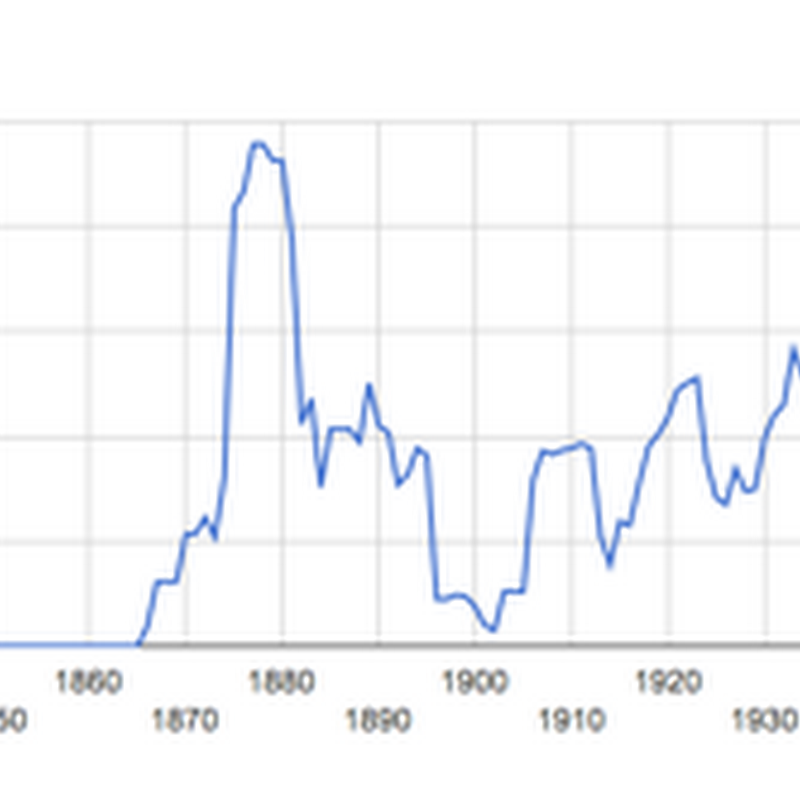In between complaining about the lack of open data in biodiversity (especially taxonomy), and scraping data from various web sites to build stuff I'm interested in, I occasionally end up having interesting conversations with the people whose data I've been scraping, cleaning, cross-linking, and otherwise messing with. Yesterday I had one of those conversations at Kew Gardens.
iPhylo

Kew has released a new report today, entitled the State of the World's Plants, complete with it's own web site https://stateoftheworldsplants.com. Its aim: This is, of course, a laudable goal, and a lot of work has gone into this report, and yet there are some things about the report that I find very frustrating.

I've put off writing this post about the Bouchout Declaration for a number of reasons. I attended the meeting that launched the declaration last year, and from my perspective that was a frustrating meeting.
GBIF is asking for views on how it should license of data in the GBIF network. The full consultation document is available from Google Drive and DropBox.

Few things have annoyed be as much as the following post on TAXACOM: I'm trying to work out why this seemingly innocuous post made me so mad. I think this is because I think this fundamentally framing the question the wrong way. Surely the goal is to have a list of names that is global in scope, well documented, and freely usable by all without restriction? Surely we want open and free access to fundamental biodiversity data?

Somehow I get the feeling that botanists haven't got the "open data" religion. Not only is the list of plant names list behind a really bad license, but the Global Plants Initiative (GPI) hides its type images behind a JSTOR Plant Sciences paywall. Why is botany determined to keep its data under wraps?

Paulo Nuin, not the biggest fan of Mendeley wrote a blog post entitled Mendeley is going to be open source, in which he wrote: Among the essays Paulo read is Jason Hoyt's post on the Mendeley blog: Dear researcher, which side of history will you be on?. In response to a question about open sourcing the Mendeley client, Jason replied: Despite the fact that open sourcing the desktop client is the second most requested feature for Mendeley, I